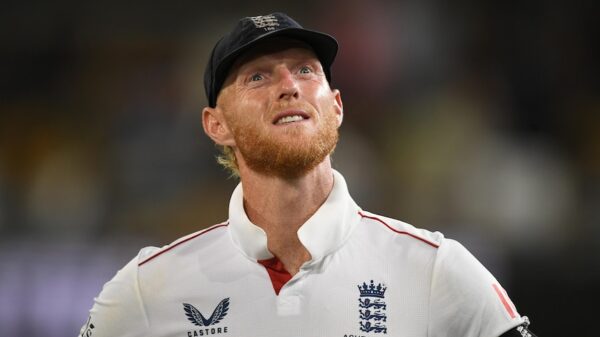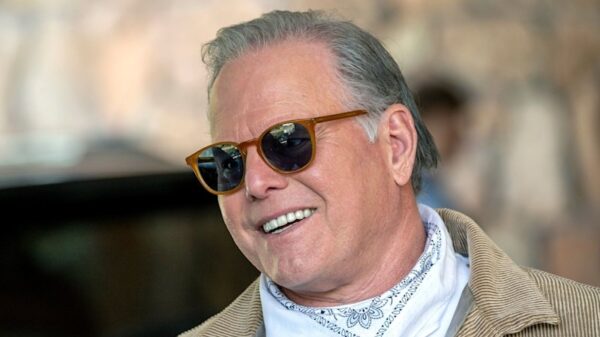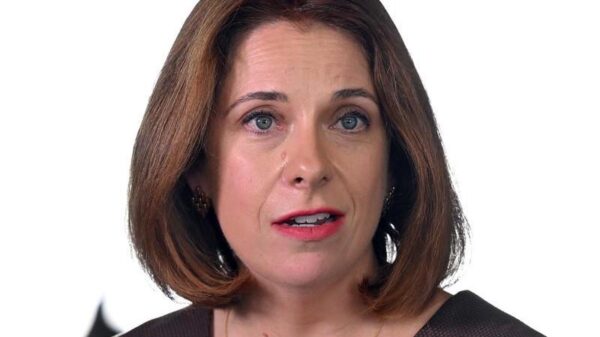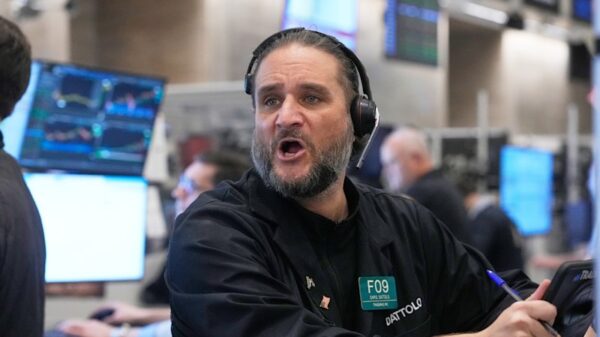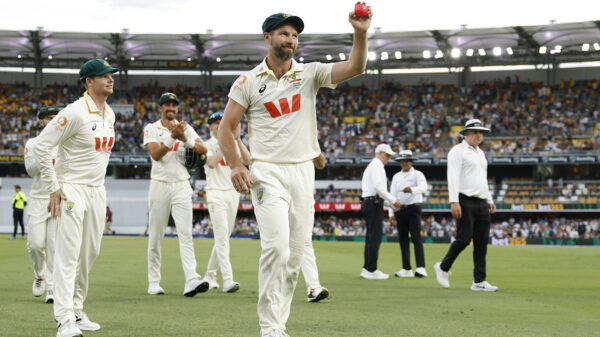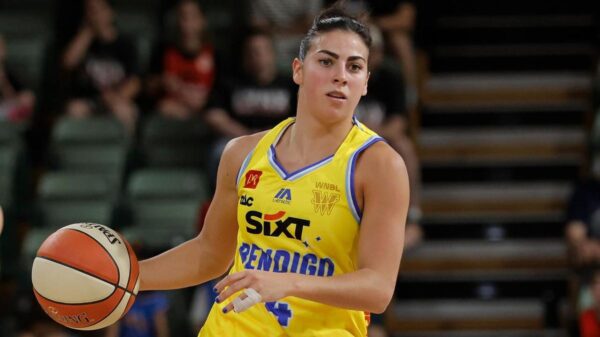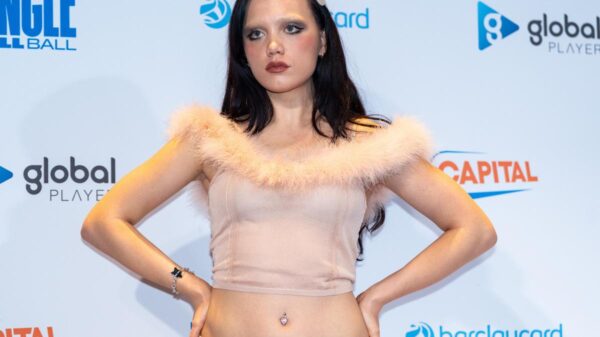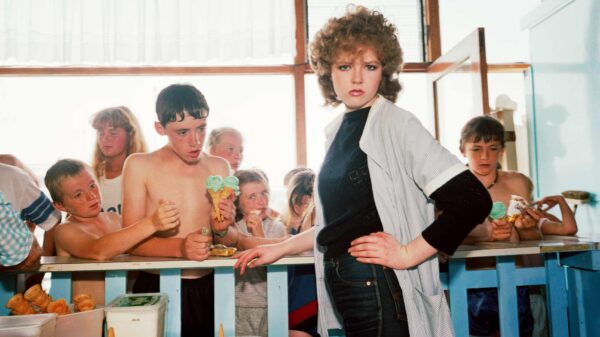Belinda Carlisle, the former lead singer of the Go-Go’s, has openly criticized the trend of sexualized imagery among young female artists, singling out performers like Dua Lipa. In a recent interview with the i newspaper, Carlisle expressed her concern that these artists may not realize the potential long-term consequences of their choices.
Carlisle described the current state of the music industry as troubling, stating, “These days young women in the music industry are just so sexualized. Like, what happened? I don’t get it.” She emphasized that while such portrayals may attract attention, they are not necessarily empowering. “It’s embarrassing,” she added. “Yes, you will get attention, but not the right kind, and down the line you are going to look back and say: ‘Wish I hadn’t done that.’”
The 66-year-old singer highlighted the talent of artists like Dua Lipa, suggesting that they do not need to rely on provocative imagery to succeed. “I mean: Dua Lipa? It’s shocking! She’s so talented. She doesn’t need to do that,” Carlisle remarked.
Reflections on Personal Experiences in the Industry
Carlisle’s comments come from her own experiences in the music industry during the 1980s, a time when she noted that many women faced significant challenges related to sexism and harassment. She recalled that while some women experienced sexual assault, her own group, the Go-Go’s, maintained a strong reputation. “No man ever messed with a Go-Go. We were like a five-headed monster,” she said.
However, Carlisle did encounter overt sexism as she embarked on her solo career. She recounted a particularly troubling interaction with a prominent manager who suggested she adopt a more provocative image. “A big manager told me: ‘You should show your t*** and sing some songs like, “Stick it in me.” And I said simply; ‘No. I don’t do that,’” she recalled.
Carlisle also opened up about the toll that public scrutiny took on her mental health. She discussed how the media’s fixation on her weight led to the development of an eating disorder. “I was always described as ‘pretty and plump’, ‘cute and chubby’. The papers were all, ‘Oh look, she’s lost weight! Oh no, she’s gained weight!’ It really f**** up your brain as a young girl,” she stated.
She described her struggle with bulimia, noting that it still resurfaces at times. “I think the press are more mindful now, but they weren’t then. And those judgments can destroy women. They do. They destroy us,” she said, highlighting the detrimental effects of media scrutiny.
Changing Standards and Ageism
As Carlisle has aged, she has noticed a shift in the scrutiny directed toward her. The focus has transitioned from her weight to her age, which she finds equally frustrating. “Now the weight comments have stopped, it’s all about my age. I’m always ‘Belinda Carlisle, 66’. They never do that to the men, do you notice?”
This observation underscores a broader issue in the entertainment industry regarding the treatment of female artists as they age. Carlisle’s candid reflections on her experiences serve as a reminder of the challenges women face in maintaining their identities and self-worth amidst societal pressures.
Carlisle’s insights resonate with many in the industry, prompting a conversation about the role of female artists and the influence of media representations on their careers and self-esteem. As the landscape of music continues to evolve, her call for empowerment through authenticity rather than sexualization remains pertinent.









